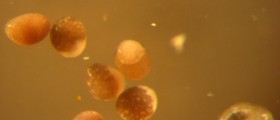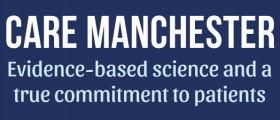
These are carried out at fertility clinics, and while they vary from clinic to clinic, most would involve a complete physical examination, a psychological evaluation, and genetic tests. Your medical history will also be taken. Some fertility clinics or hospitals have their own egg donation program. If you have ascertained that you are a good candidate for egg donation, on the basis of the tests already mentioned, you can look for egg donation programs, or even hook up with intended parents independently, through the internet for example.
After determining you are a good egg donor, the next step is deciding through which channels you would like to donate eggs. Producing eggs for donation is a very involved and complicated process that involves taking fertility drugs for a long time, and harvesting those eggs. Seeing a counselor before making your final decision can never hurt, and it is something I'd strongly recommend. Asking your chosen clinic all possible questions you have about the process is something you want to include in the decision-making process as well. If you have passed all these steps and would still like to donate eggs, the actual harvesting procedure would be the next step. After being on a course of fertility drugs that stimulate hyper-ovulation and produce as many healthy eggs as possible, your eggs will be removed at a fertility clinic.
You will be closely followed during the period in which you produce and donate eggs. The actual removal of eggs is a process that lasts an hour or two. It is carried out under local anesthesia, and it is a non-surgical procedure. After the procedure is over, you will need someone to drive you home. Much like dental surgery, for instance, you might feel a bit disorientated. The pain is minimal and you ll soon recover. Are you thinking of becoming an egg donor, and what is your primary motivation? Have you already donated eggs and would you like to tell us about your experience?

















Your thoughts on this
Loading...